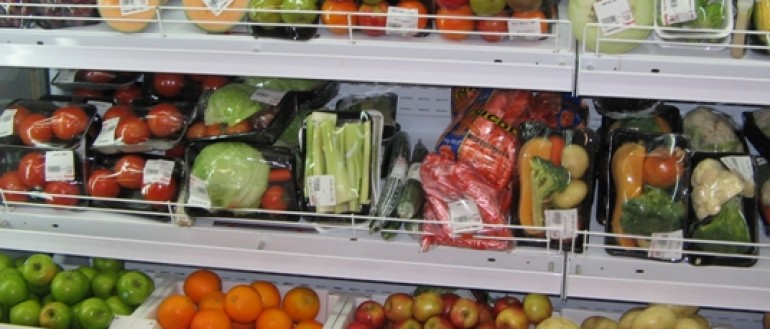Aims:
- To understand the role evidence plays in contributing to policy development in the remote food supply.
Objectives:
- To examine the relative cost of food based on current expenditure
- To examine what the literature, economic analysis and stakeholder analysis propose as the most effective fiscal policies for the remote food supply context
- To develop a framework for policy prioritisation guided by local leaders/experts informed by the evidence.
Summary:
Poor nutrition is linked to the poor health status of Indigenous Australians living in remote communities. Affordability of food is a key driver in food choice. While evidence is still emerging, there is a strong argument for the use of pricing strategies to improve the nutritional quality of foods purchased in remote community stores.
The range of policies implemented in remote Indigenous communities demonstrates an environment prepared to address the high cost of food and dietary quality. There are no known examples of using a systematic framework to inform policy development, though some examples of local expert opinion informing policy development.
Previous experience demonstrates the need for policy development to engage community leaders for effective policy implementation and outcomes. Where information gaps exist, the use of stakeholder views in food supply policy development is increasingly being accepted as evidence.
The use of economic evaluation to support decision making is important where many options exist and resources are limited. Policy development frameworks have been successfully used in similar resource limited settings to identify food supply policies for health improvement.
Implications for policy and practice:
Evidence and a policy development framework will be used in a case study approach to determine usefulness in prioritising policy to improve food security and the nutritional quality of food sold in stores.
Contact information:
Project dates:
The project commenced in 2012 and is planned to be completed in 2015.

